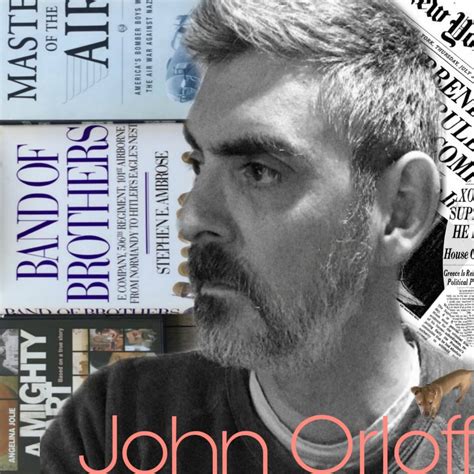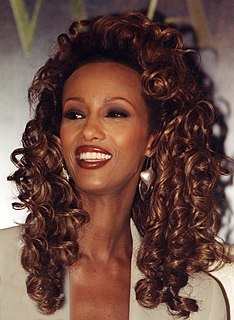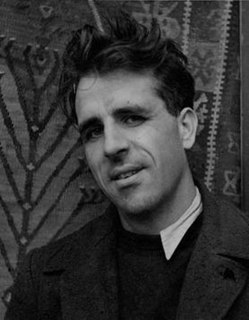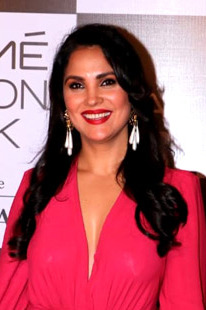A Quote by Jonathan Stroud
As a child I was really into fantasy books with elves and goblins and swords, and I went through a phase for a few years when I was reading endless series. But in the end I became totally fed-up with all these sub-Tolkien rip-offs because they all end up doing the same old things and there's no rigour to it.
Related Quotes
I came from a background where I was very poor growing up but I have never known poverty. My parents worked hard and they went to bed hungry, but they fed us. Then my father became an ambassador, so I ended up being driven by chauffeurs. And then we became refugees. After that, I looked at it through this "glass" of to have and have not, and at the end of the day, who actually helps, who actually steps up, who is there for you.
Back in middle school, Catherine and I had gone through this stage where all we would read were fantasy books. We'd consume them like M&M's, by the fistful, J.R.R. Tolkien and Terry Brooks and Susan Cooper and Lloyd Alexander. Susan Boone looked, to me, like the queen of the elves (there's almost always an elf queen in fantasy books). I mean, she was shorter than me and had on a strange lineny outfit in pale blues and greens.
The nice thing about a series is you can end on cliffhangers all the time. You can be like, 'You know what? Here we go, this person just died, end of book.' And with the end of the series, you're very conscious of all the plotlines that were left hanging. There's a balance there to wrap those up but still leave it exciting.
In the early days of the Internet, the word "navigation" had this ingrained in it. There really was a sensation of the cyber-flâneur, as you really would have no idea where you would end up. You would end up on pages that had nothing to do with what you wanted, experiences that were totally unanticipated. You had to connect the dots, connect the parcels of your experience. It was totally open to randomness.
I have often thought of doing a story with someone either as a human being or as a robot who, by a series of stages, changes into the other end of the spectrum. By the story's end, he'd be either totally robotic or totally human, the opposite of what he once was. And possibly... bring him back again.


































